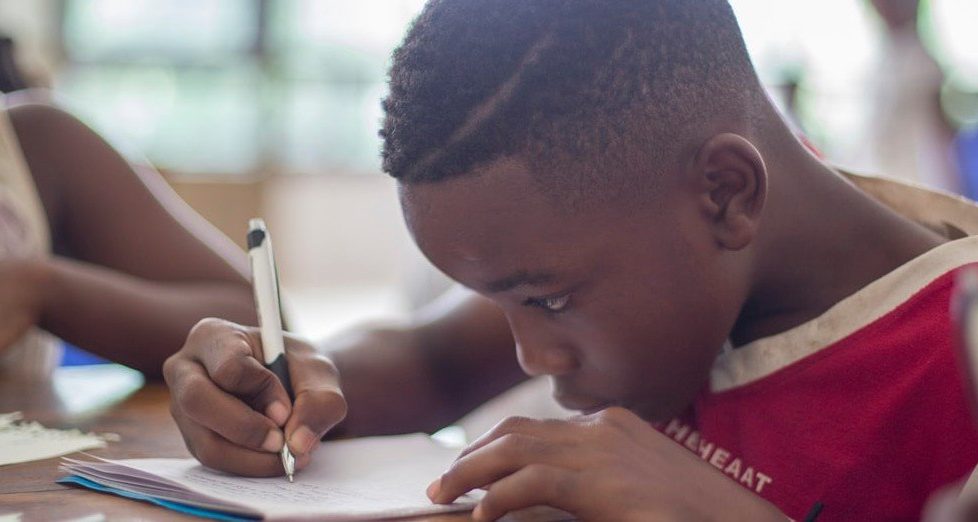Study: Parental support determines child’s academic aspirations, not quality of school

File photo courtesy: Unsplash/Santivedri
Parents play a key role in their children’s academic and professional aspirations.
In October, researchers at the University of Tokyo linked low female participation in STEM to parent’s gender attitudes. Separate studies suggest encouraging math and science at home can boost academic success.
Now, a paper by researchers at the Centre for Educational Research and Development of the Institute for Social Research in Zagreb, Croatia suggests the quality of a school has little bearing on a child’s academic aspirations. Parental support and a dedicated workspace at home are greater predictors.
Researchers looked at 1,000 students between the ages of 13 and 15 who were enrolled in 23 schools in Zagreb. They analyzed class sizes, school grade averages, and property prices.
Students were asked to complete three separate surveys over two years. Questions focused on home life, relationship with parents, and educational goals.
Statistical analysis of grades showed that “none of the school-level factors, including school and class size, grade point average of the school and property prices, had any influence on the desire to continue to higher education,” the authors say.
“In contrast, several factors related to parents and home life, such as parental educational aspirations, maternal academic support and having a desk to work on, did have an influence. As did gender, with girls more likely than boys to want to continue to higher education.”
While the quality of a school did not appear to bear influence, high academic grades were the “single strongest predictor” of a student’s inclination to continue education.
The researchers acknowledge the study may not apply to all. The findings are from Zagreb-based institutions, which is a capital city and university hub.
“It should be stressed that it is possible that different predictors would behave differently for pupils living in rural areas and smaller cities without higher education institutions, where lower socioeconomic status represents a greater obstacle for pursuing educational goals,” the authors say.
The paper has been published in the journal Educational Studies.
